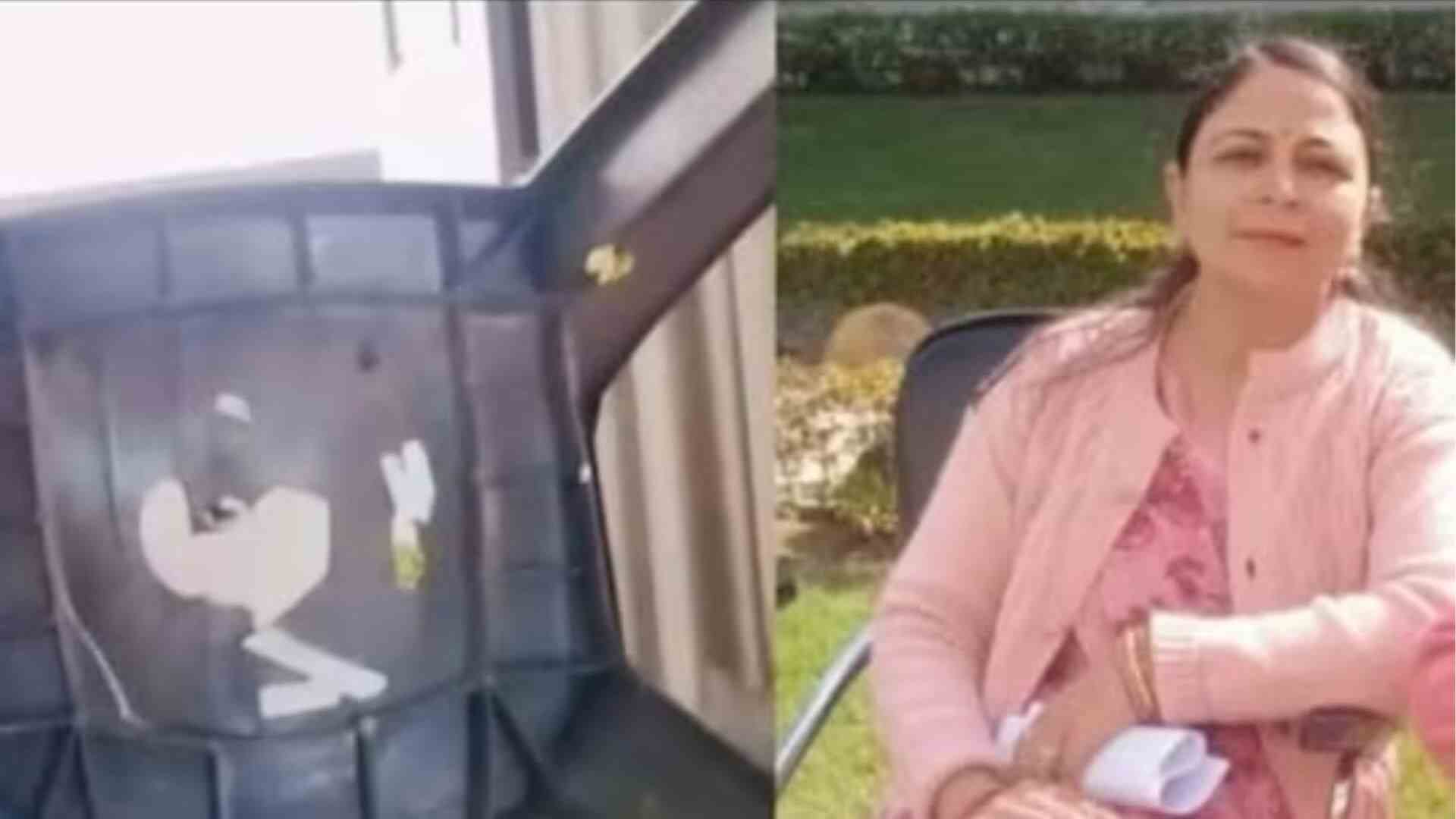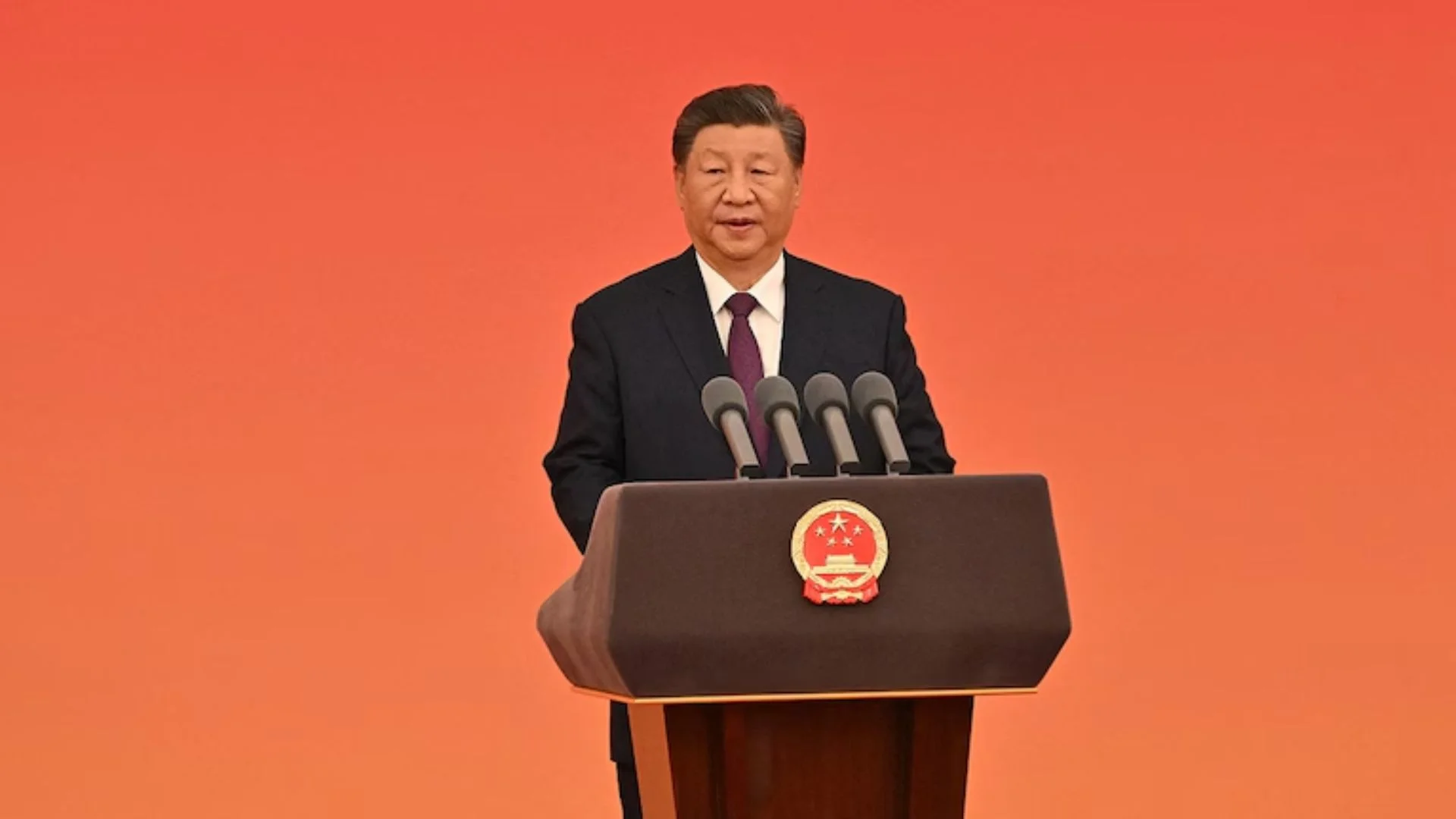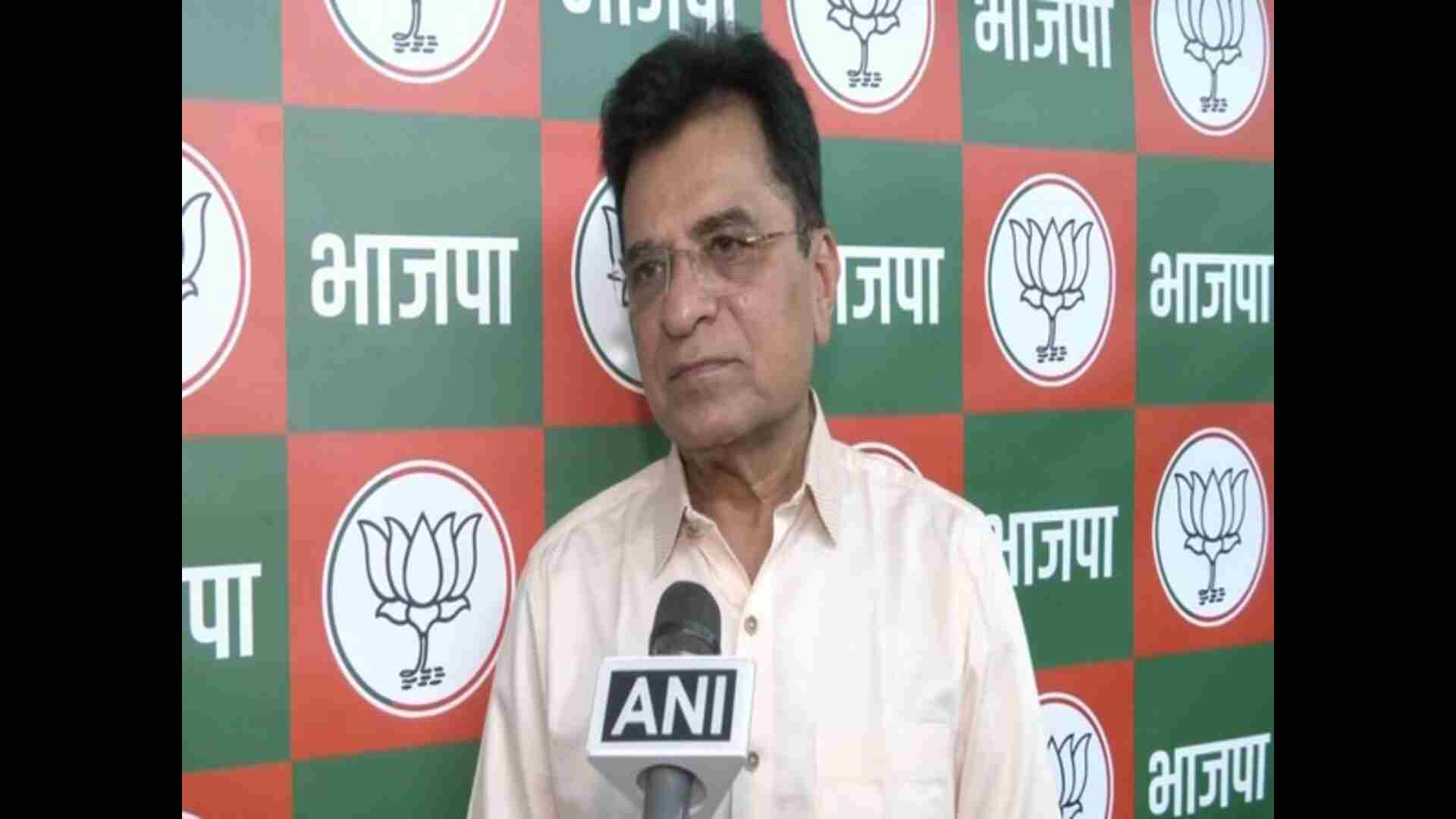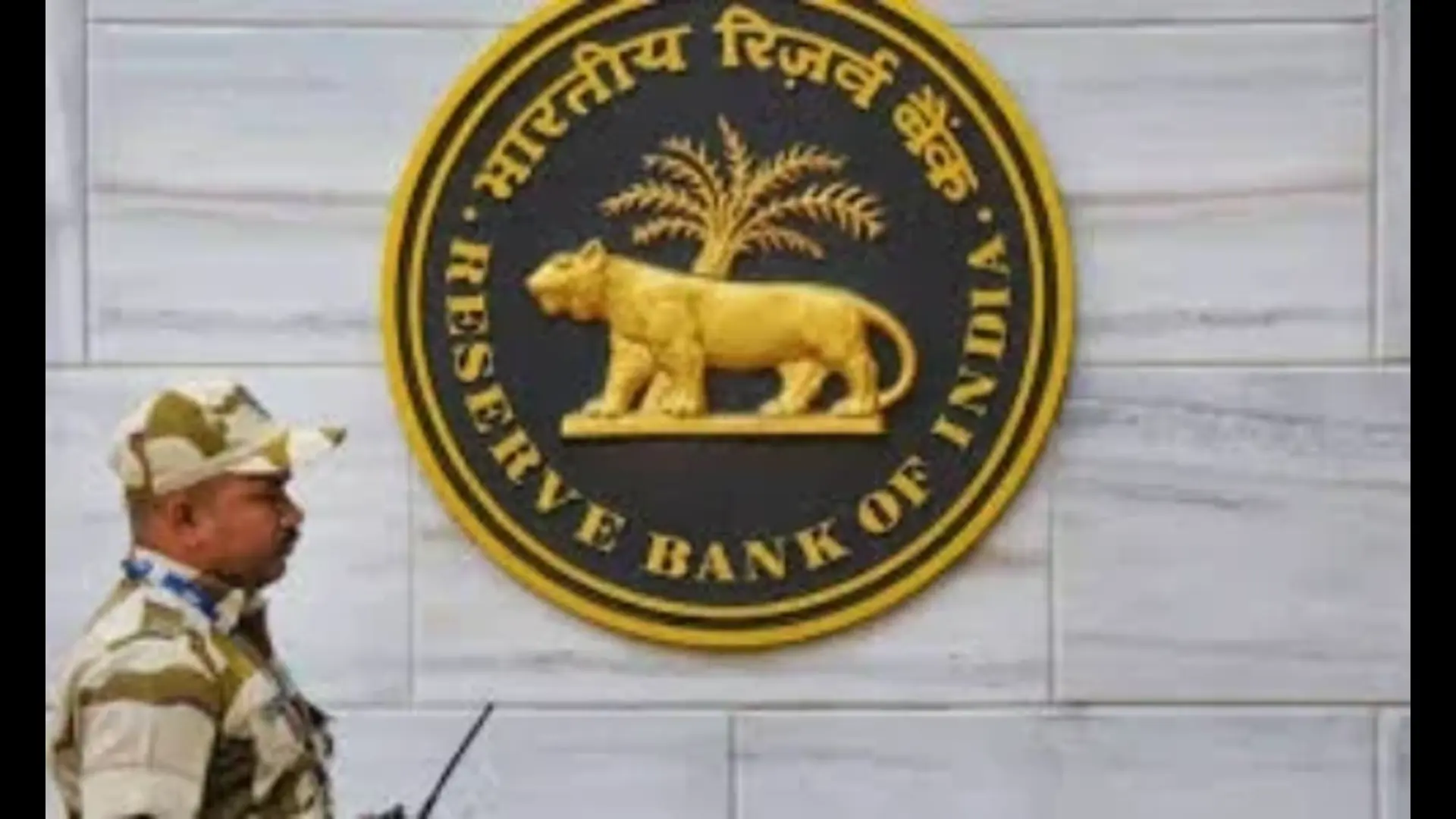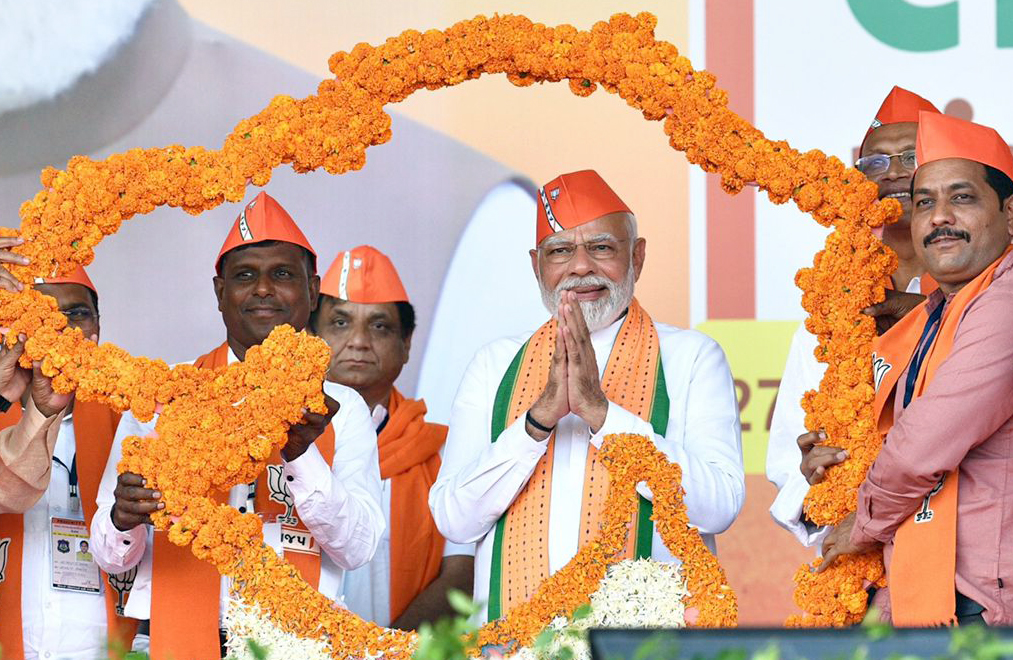
As Gujarat is going to vote between 1 December to 5 December for the 15th Gujarat legislative assembly, 39 political parties and 339 independent candidates are in the fray throughout Gujarat. The main rivalry between these parties is still between the Bhartiya Janata Party and the Congress, while the Aam Aadmi Party is still only eligible to run in a few urban seats, including Surat and Ahmedabad, despite its attempts to carve out its own space in Gujarat politics by forming a triangular competition. The contestation for BJP in Gujarat has been created by parties in opposition through different economic models and issues, but the main factor that the BJP is trying to tackle is the anti-incumbency that has developed in the minds of the people since it ruled Gujarat for around 27 years.
It is not only the BJP that is facing anti-incumbency problems in the states; many other parties in history have also experienced the same. For example, left parties too felt the same anti-incumbency problem when they ruled in West Bengal for around 31 years, while the Democratic Front ruled in Sikkim for around 25 years. So, this kind of anti-incumbency trend in the political behaviour of Gujarat has also emerged in the 2022 legislative assembly election, but the main question lies in the fact that the anti-incumbency factor has emerged well enough that has the potential of turning the political power in Gujarat.
A closer look at the issue reveals that the BJP is emphasising the model of good governance as well as the economic development model that the nation perceived during the 2014 general election. Although there is a kind of distress among the youth about unemployment and the price rise, which AAP and Congress have captured well enough by emphasising employment and education in their manifestos, As AAP is focusing more on the civic issues of education and health, it is targeting the BJP, which has not been able to create remarkable success despite being in power for 27 years in Gujarat. But the BJP, which has a strong base in Gujarat at the grass-roots level, is more interested in emphasising the pride of Gujarat and being a Gujarati along with the model of good governance and development.
This emphasis well suits the scenario of this election, when there is an intention of hijacking this anti-incumbency factor by those parties that have either parachuted in from outside (AAP is an outsider party for Gujarat) or neglected Gujarat from their core political agenda (Congress didn’t enter its own “Bharat Jodo Yatras” in Gujarat). In this scenario, the BJP tactically brings its leaders Amit Shah and Narendra Modi to the forefront and emphasises them as sons of the soil. Recently, a young leader, Hardik Patel, who left Congress to join the BJP, also emphasised that Gujaratis should vote for their son, who will carry forward the legacy of Gujarat and pride. Thus, BJP in a nuanced way tries to tackle the anti-incumbency factor in Gujarat which never had the propensity of turning the political power in Gujarat.
Another important factor that needs to be kept in mind is that the party has also switched many leaders and given a chance to new figures, which ultimately resolves the problems of anti-incumbency in the region. This gives an easy passage for the BJP to remain in power once again, as the opposition’s disunity will only help it win. It is also observed from the statistics of the last election that BJP has a very structurally stronghold in Gujarat and not only won the election rather defeated the congress with a huge margin. Therefore, the BJP is remarkably able to diffuse the anti-incumbency problem in Gujarat, which surely doesn’t have the potential to turn the political wind in Gujarat.

